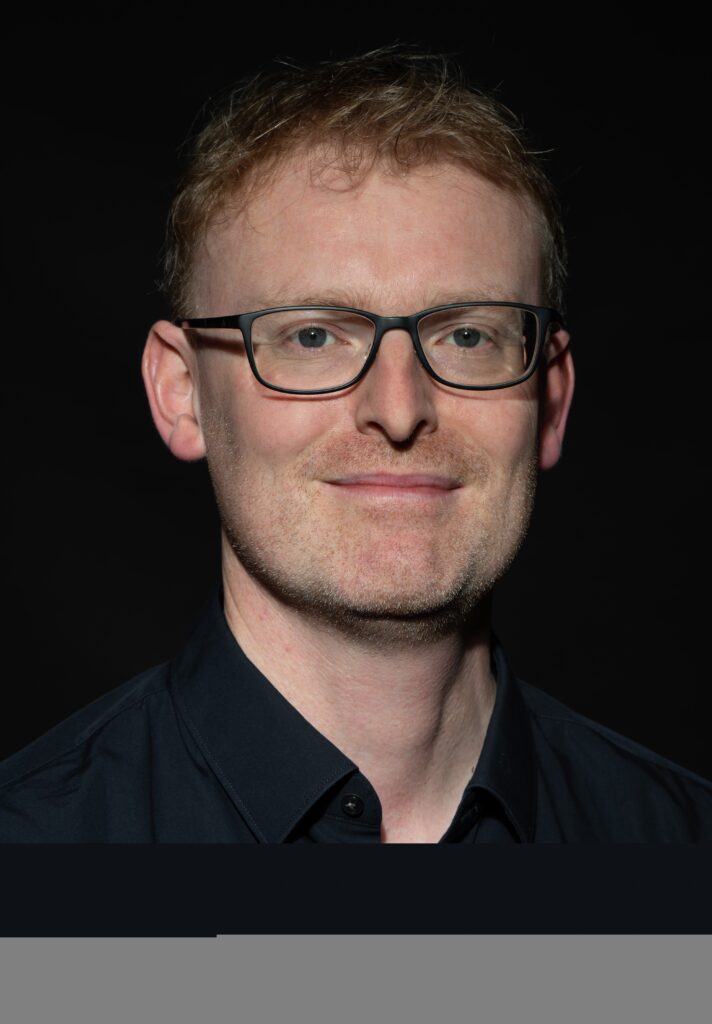Selected Publications
- Föll MC, Moritz L, Wollmann T, Stillger MN, Vockert N, Werner M, Bronsert P, Rohr K, Grüning BA, Schilling O. Accessible and reproducible mass spectrometry imaging data analysis in Galaxy. Gigascience 8: 1-12, 2019
- Oria VO, Lopatta P, Schmitz T, Preca BT, Nyström A, Conrad C, Bartsch JW, Kulemann B,
Hoeppner J, Maurer J, Bronsert P, Schilling O. ADAM9 contributes to vascular invasion in pancreatic ductal adenocarcinoma. Mol Oncol 13: 456-479, 2019 - Oria VO, Bronsert P, Thomsen AR, Föll MC, Zamboglou C, Hannibal L, Behringer S, Biniossek ML, Schreiber C, Grosu AL, Bolm L, Rades D, Keck T, Werner M, Wellner UF, Schilling O. Proteome Profiling of Primary Pancreatic Ductal Adenocarcinomas Undergoing Additive Chemoradiation Link ALDH1A1 to Early Local Recurrence and Chemoradiation Resistance.
Transl Oncol 11: 1307-1322, 2018 - Föll MC, Fahrner M, Gretzmeier C, Thoma K, Biniossek ML, Kiritsi D, Meiss F, Schilling O§, Nyström A§, and Kern JS. Identification of tissue damage, extracellular matrix remodeling and bacterial challenge as common mechanisms associated with high-risk cutaneous squamous cell carcinomas. Matrix Biol 66: 1-21, 2018 §Shared corresponding author
- Lai ZW, Weisser J, Nilse L, Costa F, Keller E, Tholen M, Kizhakkedathu JN, Biniossek M,
Bronsert P, and Schilling O. Formalin-Fixed, Paraffin-Embedded Tissues (FFPE) as a Robust Source for the Profiling of Native and Protease-Generated Protein Amino Termini.
Mol Cell Proteomics 15: 2203-2213, 2016
FRIAS Project
MatrixCode: matrisome pathology
The “extracellular matrix” (ECM) encompasses all secreted, deposited, and soluble proteins in the interstitial milieu. In recent years, our perspective on ECM has changed on the functional and protein level, as we now understand the ECM less as a passive “scaffold”, and more as integral part of the diverse, complex, and dynamic signaling environment sustaining healthy tissue. By improved understanding of these complex aspects of the so-called “matrisome”, our opportunities to develop targeted therapies interacting with these processes in disease, scarring, and regeneration will be strengthened. The MatrixCode project aims to decipher how pathophysiological signaling depends on biochemical and biophysical modifications of the ECM. MatrixCode is compiled of four sub-projects focusing on different aspects of ECM signaling within wound healing and tumor biology. MatrixCode will strengthen ECM research in Freiburg by creating a critical mass of scientists, and strengthening ties to collaboration partners in Strasburg and worldwide. MatrixCode will lay the foundation for subsequent collaborative funding initiatives.
